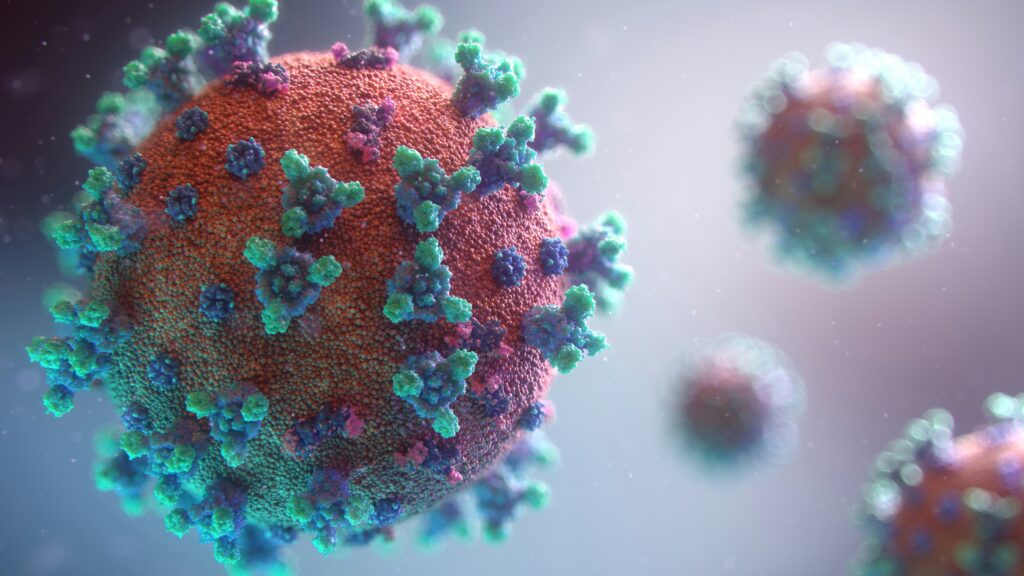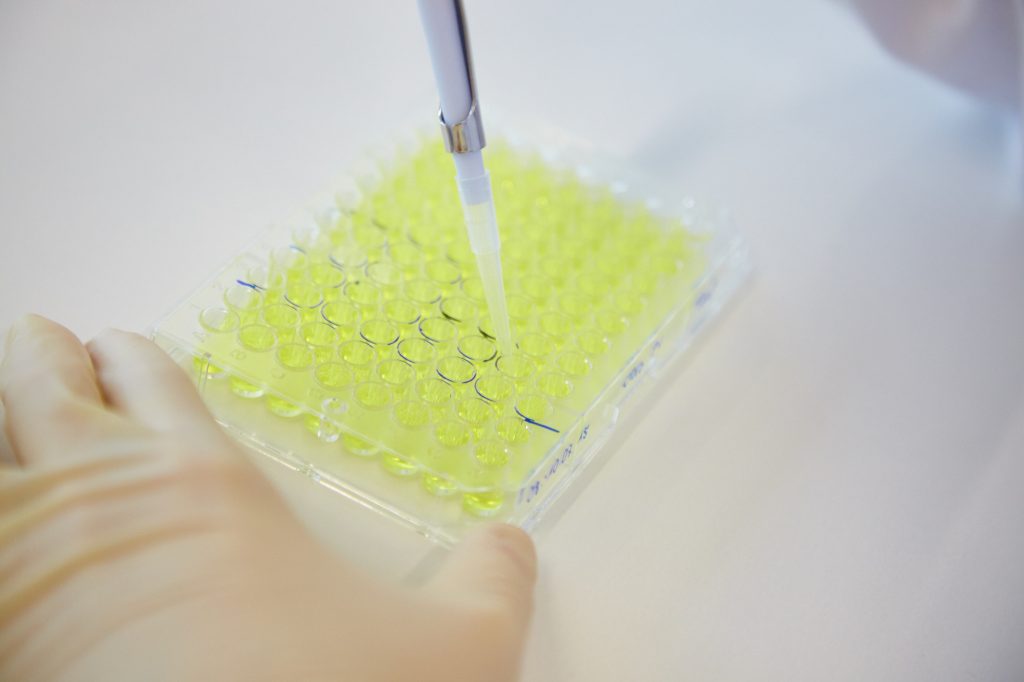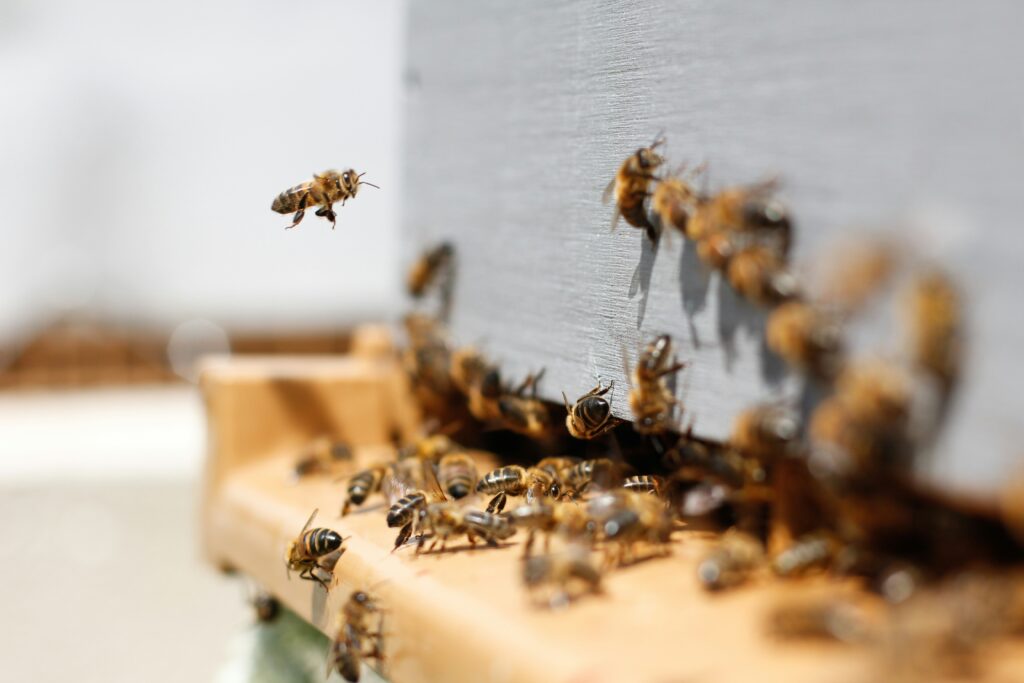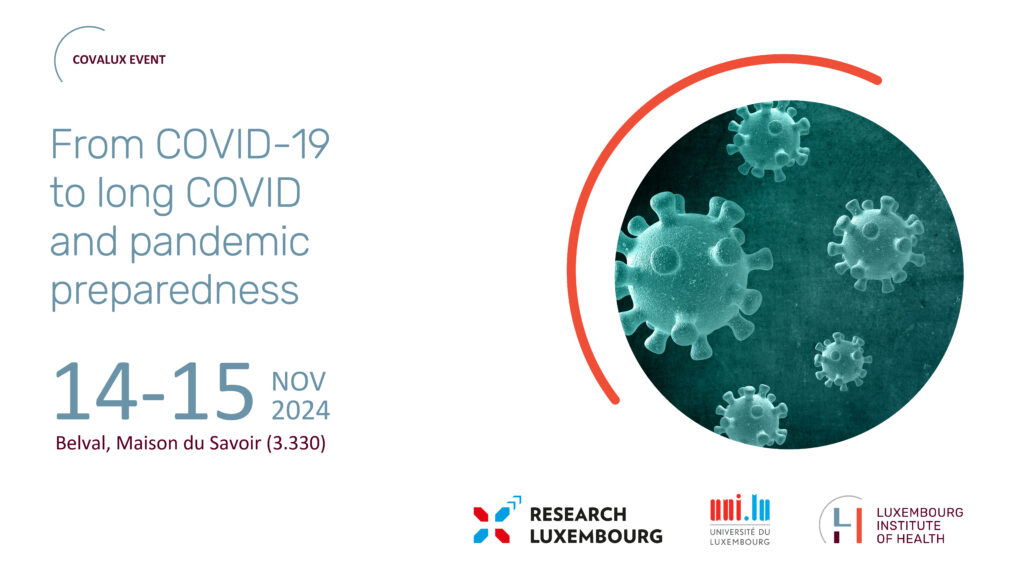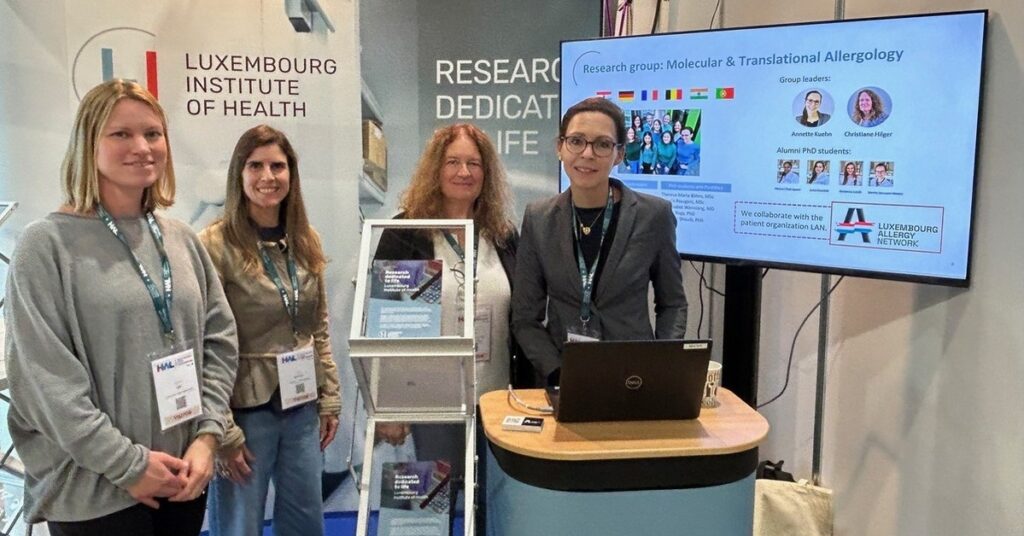News
World Health Organisation nominates Luxembourg lab as an official Collaborating Centre
The World Health Organisation (WHO) has nominated the Luxembourg Institute of Health (LIH)’s Department of Infection and Immunity (DII) directed by Prof Markus Ollert as an official Collaborating Centre for Reference and Research on Measles and Rubella Infections.

In Luxembourg, measles and rubella have been eliminated thanks to high vaccination rates, and new cases are usually imported from other countries. Nevertheless, as the COVID pandemic has no doubt taught us, we must remain ever vigilant and continue to keep a close eye on infectious diseases in order to prevent outbreaks or even re-establishment of certain diseases. This is why the WHO collaborates with labs worldwide to maintain a comprehensive global network that monitors outbreaks, mutations, and vaccinations regarding infectious diseases, like measles and rubella.
The recently nominated WHO Collaborating Centre at the LIH, the only one in Luxembourg and the only one in the world specializing in measles and rubella, is led by Dr Judith Hübschen of the Clinical and Applied Virology group in the DII. This collaboration with the WHO comprises the monitoring of genetic changes in measles virus wild-type strains to follow transmission chains in support of WHO measles control activities, the development and implementation of new and optimization of existing laboratory techniques, and capacity building in measles and rubella laboratory diagnosis and surveillance.
In addition to its nomination as WHO Collaborating Centre, the laboratory also acts as the national reference laboratory for measles and rubella in Luxembourg and as one of three WHO European regional reference laboratories with a constituency of currently 23 countries including Luxembourg. Measles and rubella case investigation, confirmation and characterization in Luxembourg are done in close collaboration with the Division de l’inspection sanitaire of the Ministry of Health. As a WHO European regional reference laboratory, there are close interactions with the national reference laboratories in its constituency and with the WHO regional office in Copenhagen. Tasks include quality control and assessment, support and training of WHO laboratory network staff, onsite accreditation visits, measles and rubella virus characterization and isolation for strainbanks, investigation of difficult cases, outbreak confirmations and investigations and design and execution of research studies. The reference laboratory activities are financially supported by the Luxembourg state via the Ministry of Health.

